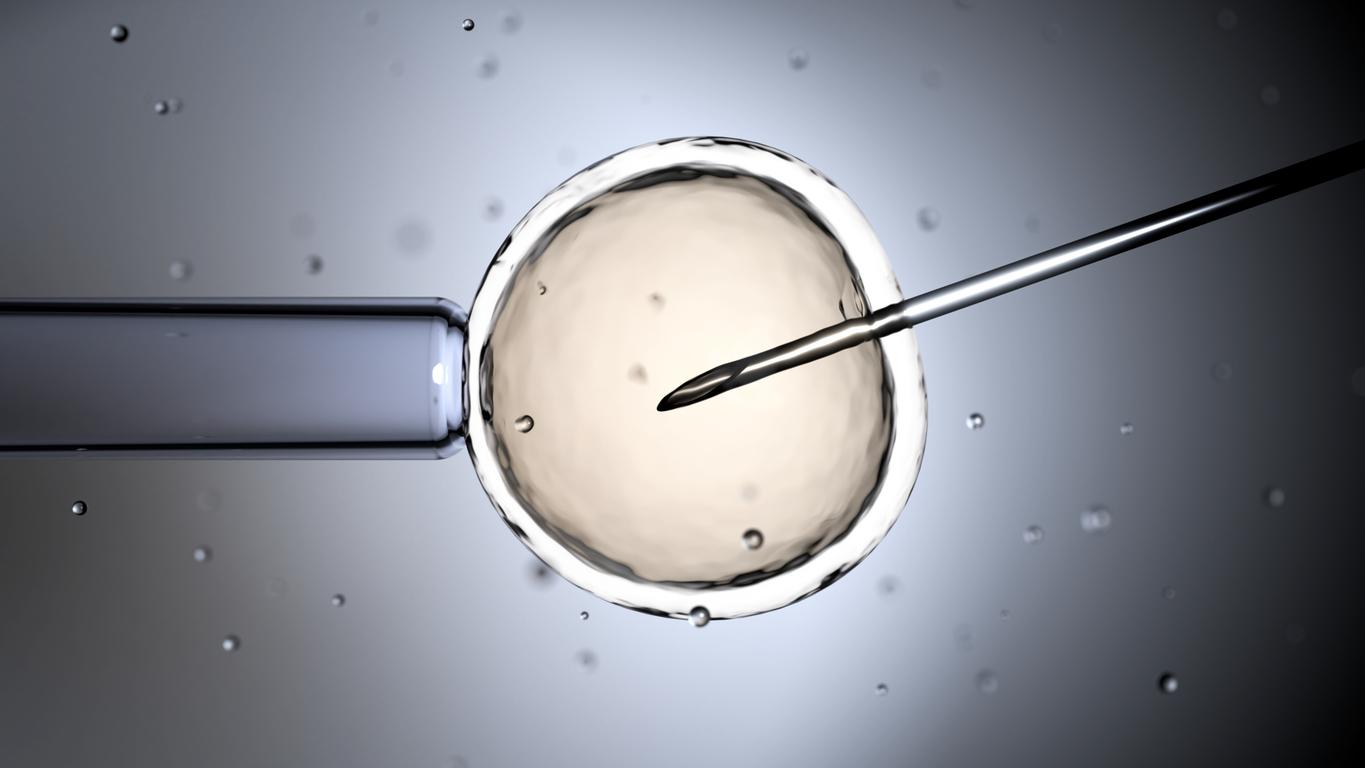The non-desire for children would be written in the genes. This is suggested by an English study which highlights the presence of genetic variants likely to increase the fact of not wanting to start a family in some men.

- In some men, genetic variants could influence the non-desire to have a child.
- However, this genetic burden has no proven link with infertility.
Nowadays, the taboo linked to the non-desire to have a child is gradually being lifted. Whether out of ecological concern or simply a lack of desire, more and more adults who do not wish to become parents are taking it on. But according to a new study, this non-desire for children could also be explained by genetic differences.
This research appeared in the journal Nature was carried out using genetic data from 340,000 people (from the UK Biobank). They were analyzed by English researchers from the University of Cambridge and the Wellcome Trust Sanger Institute, which specializes in genomics research. Scientists tried to determine if having genetic variants that damage the genome and can lead to neurodevelopmental disorders could be correlated with not wanting children.
A difference that would appear only in men
The results suggest that people with the highest genetic variations (dubbed “genetic burden”) had an average of 0.26 fewer children. A fact that is only verified in men, however, explains the study. According to the scientists, this genetic association represents only a very minor fraction of the overall probability of not having a child (less than 1%), especially when compared to sociodemographic factors likely to influence the evolution of genes over time.
“We show here that genetic variants that damage these genes are associated with a marked reduction in reproductive success, primarily due to increased childlessness, with a greater effect in males than in females. We present evidence that increased childlessness is likely through genetically associated cognitive and behavioral traits, which may mean that male carriers are less likely to find reproductive mates”develop the authors.
The study authors also checked whether this genetic burden could be associated with infertility. But the latter found no correlation between men and women.
.

















